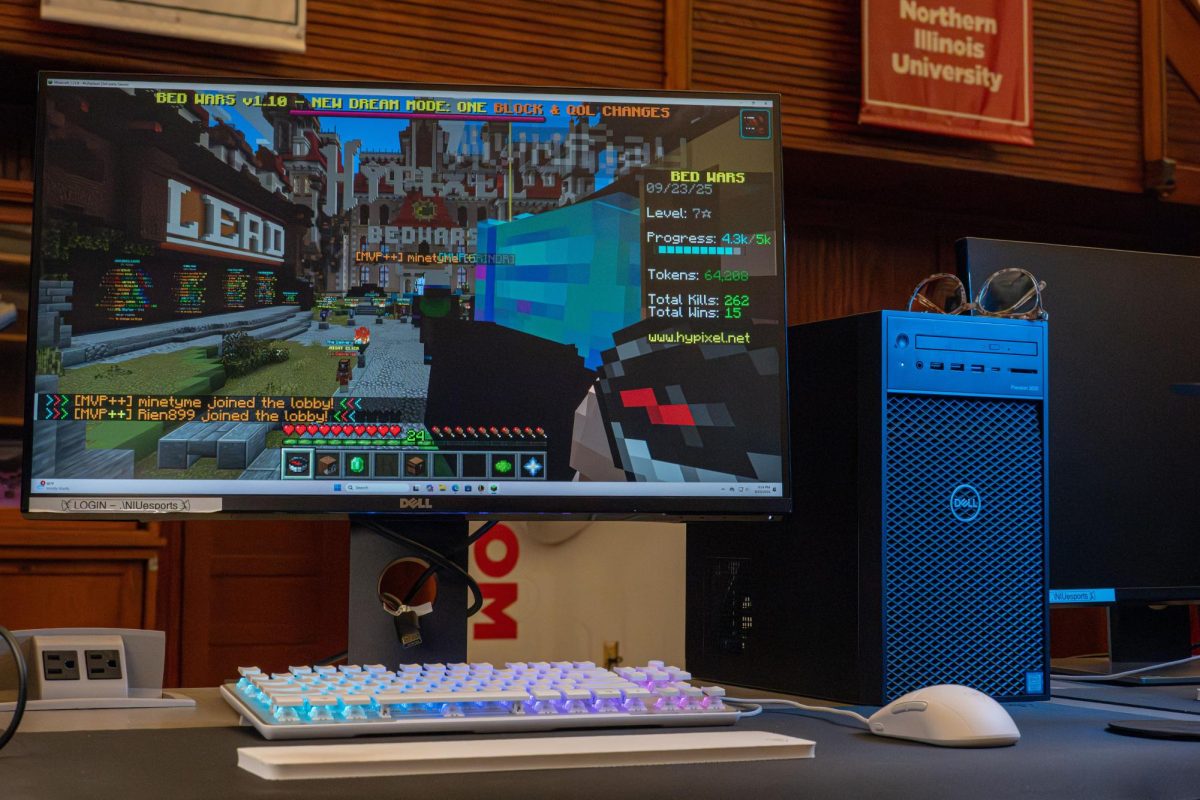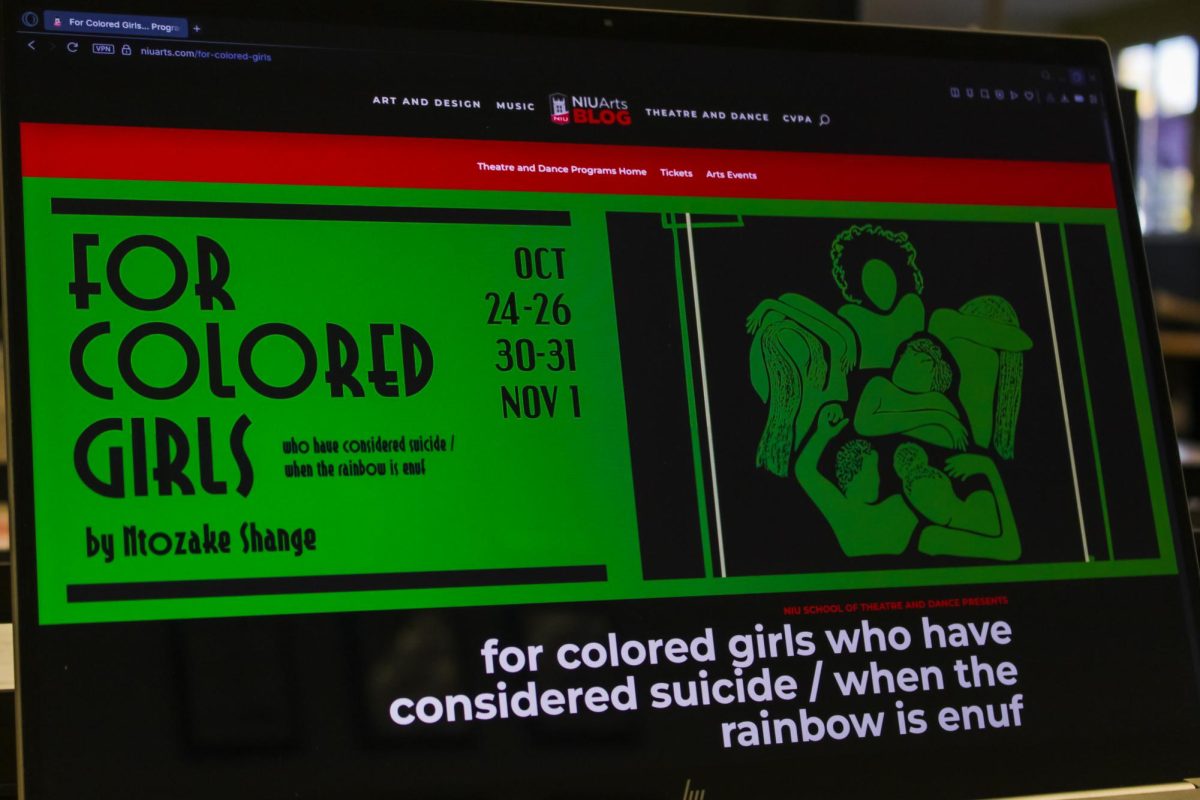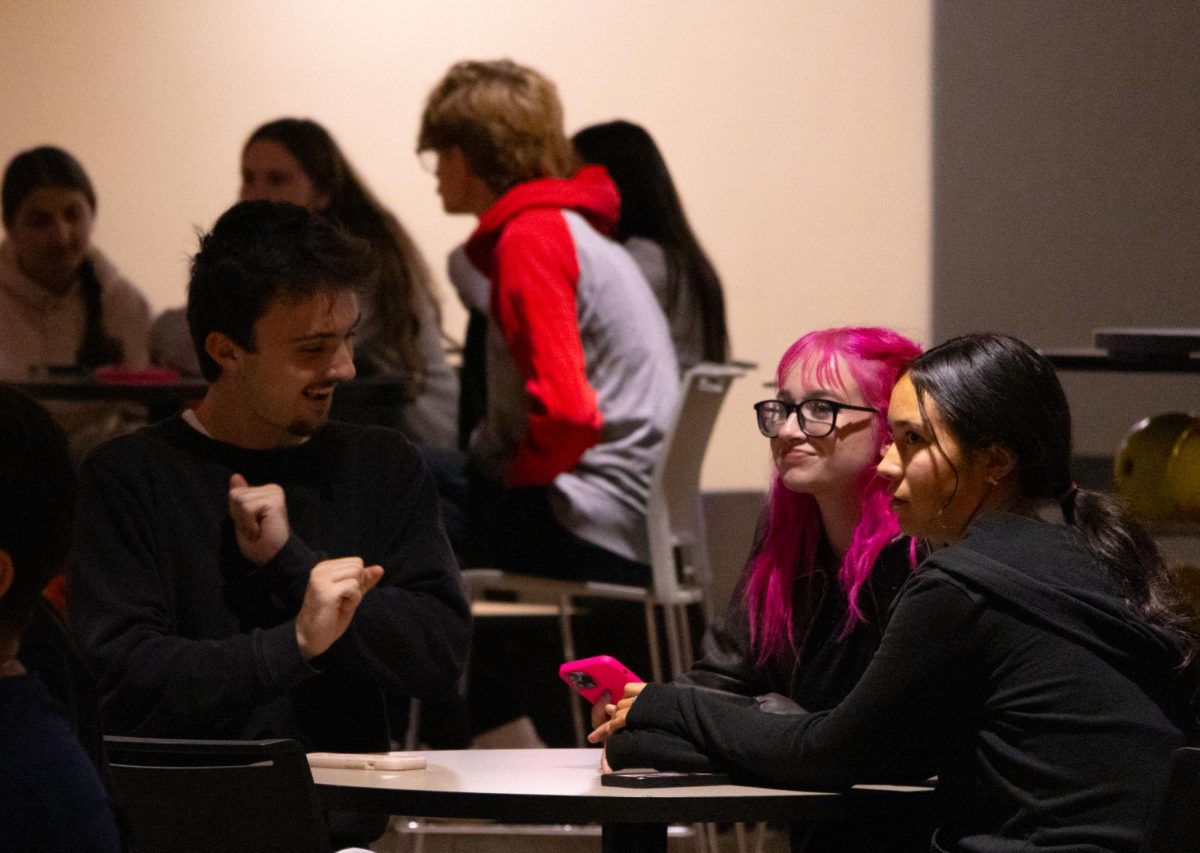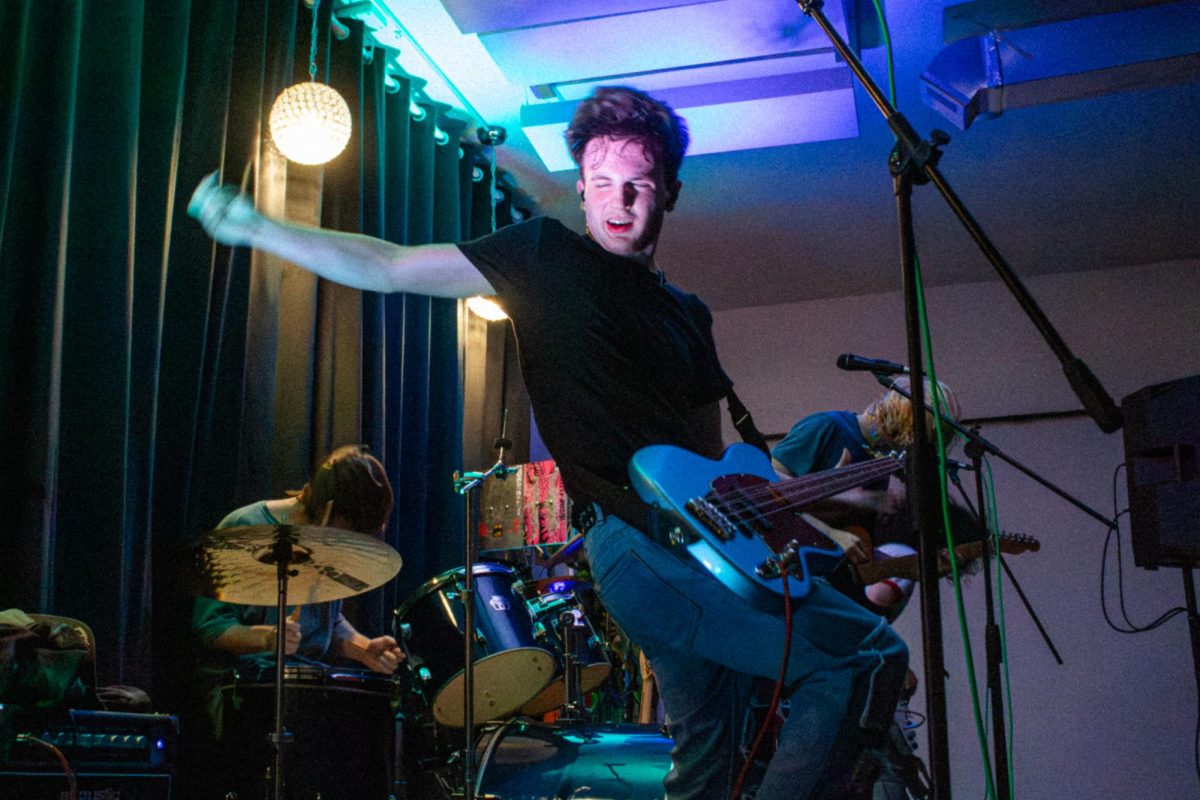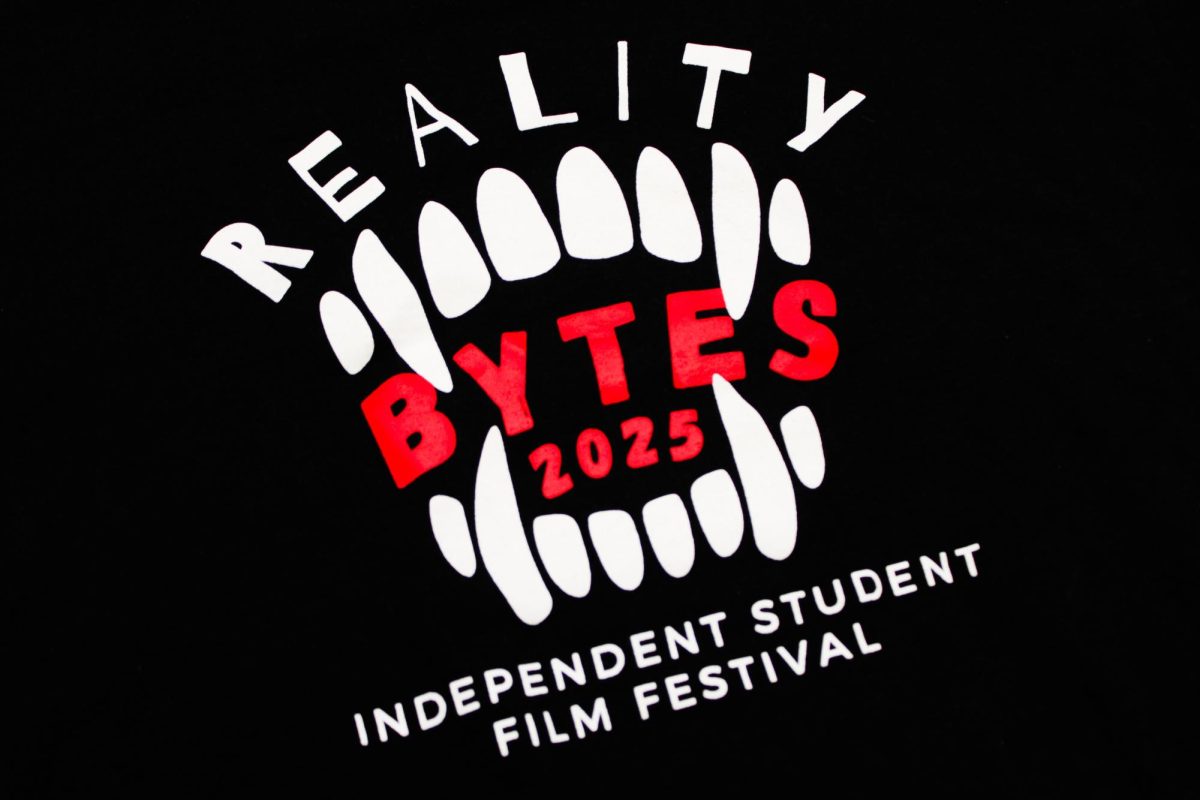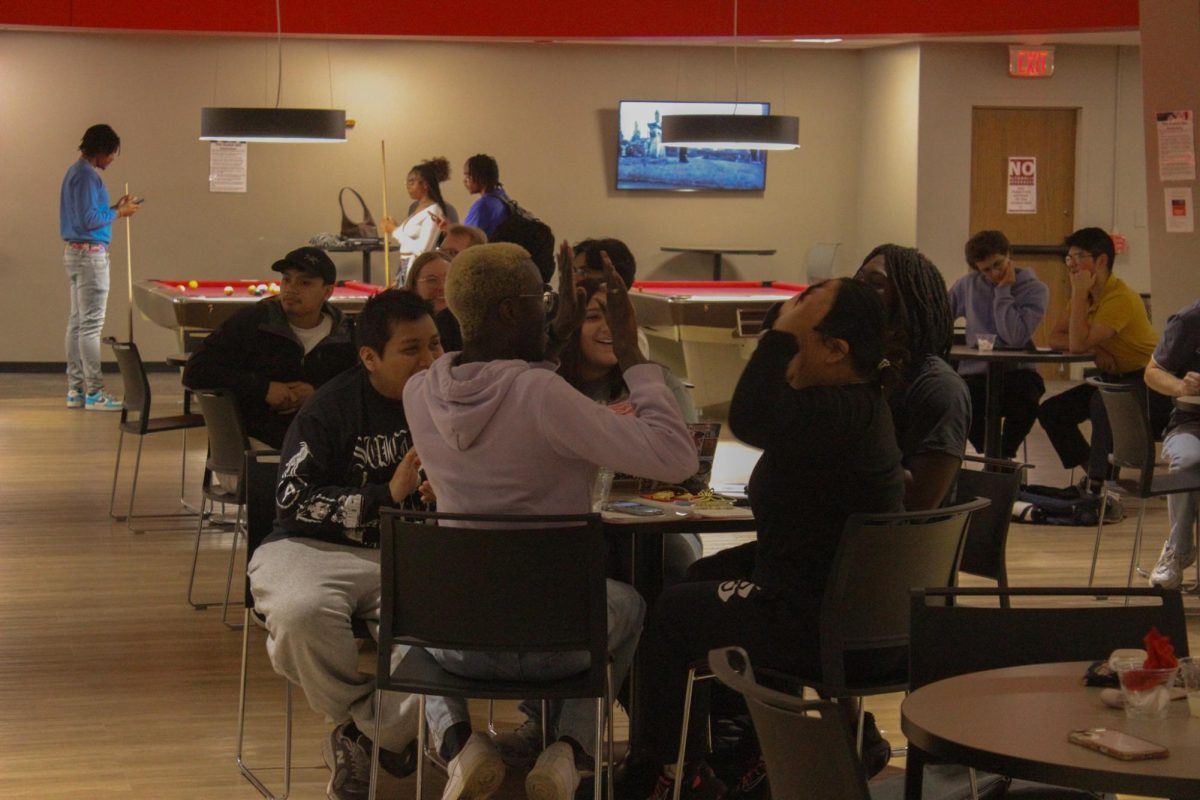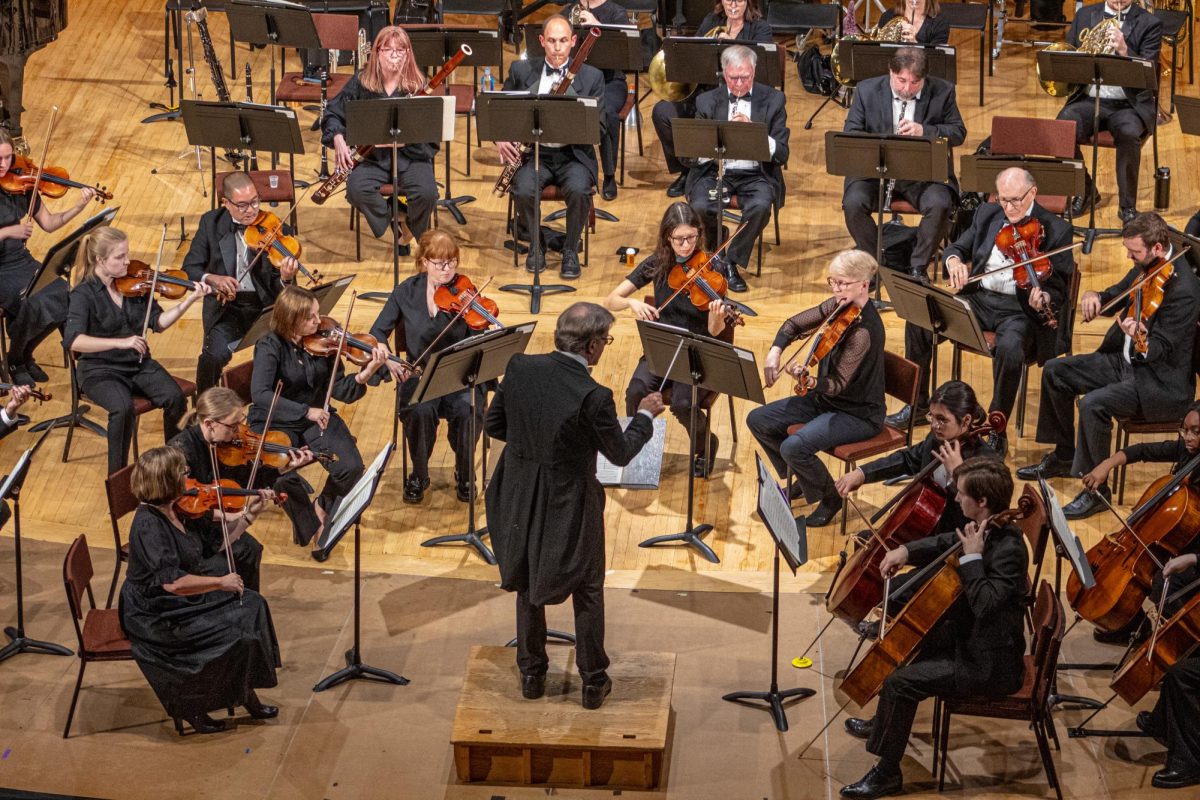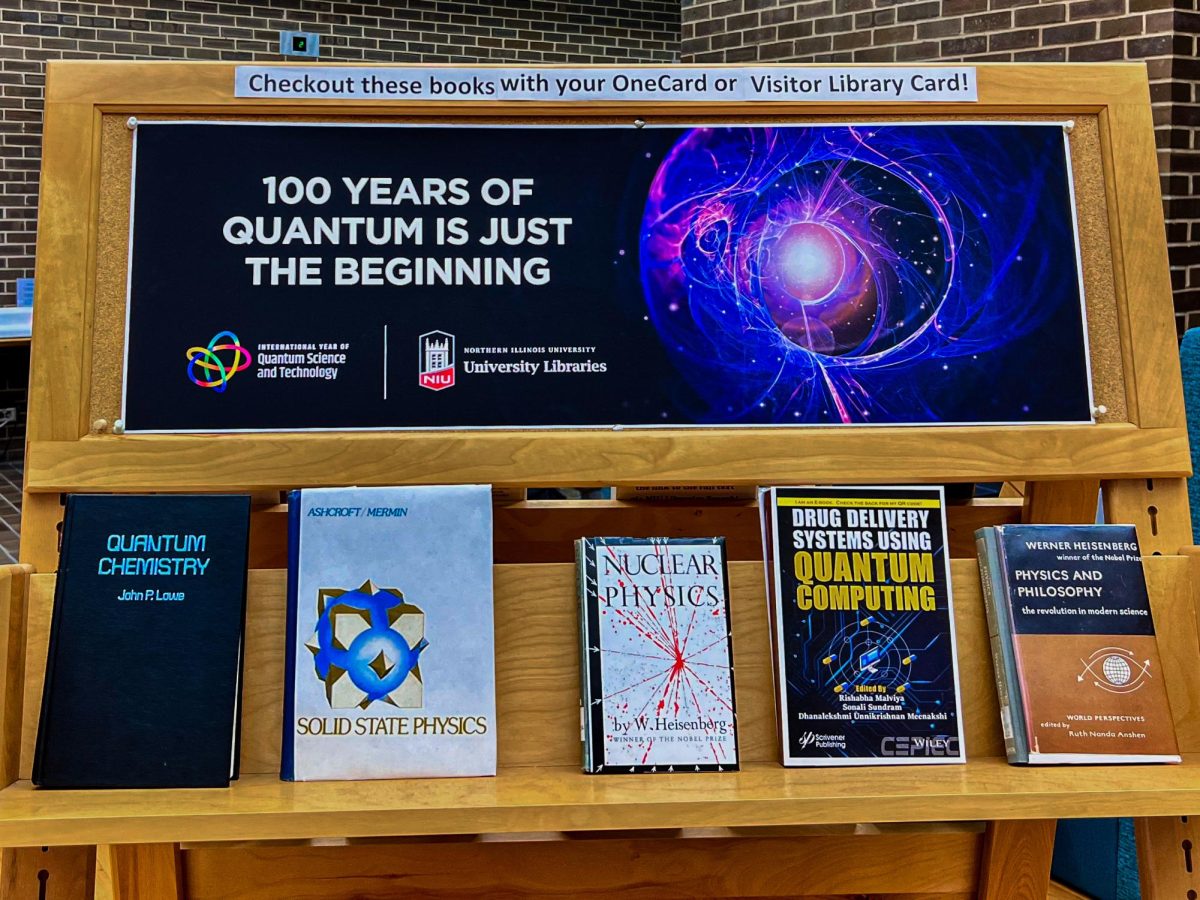Playing video games can be rewarding both as a fun, casual hobby and as a competitive venture in esports. However, a closer look reveals deeper physical and mental health risks that should be addressed and understood.
Gaming and esports contribute to sedentary behavior, described as behavior with low energy expenditure while sitting or lying down. Despite this, physical ailments and issues can still arise.
Many of these ailments stem from excessive gaming sessions. Wrist and hand injuries can develop from repetitive and strenuous use with a computer mouse or controllers, causing serious pain and nerve damage. Other physical conditions can appear as well, including eye strain, neck pain and back pain.
Tenosynovitis, also known as gamer’s thumb, is a common physical condition caused by constant use and irritation of the thumb muscles. These muscles can become exhausted over time and can potentially induce pain in the thumb and wrist, leaving players sore and uncomfortable.
Trevor Mitts, a senior marketing major, mentioned his own experience with tenosynovitis and similar hand pains. Mitts said he experiences this ache and fatigue after long hours of playing in “Super Smash Bros.” tournaments or while playing “Pokémon.”
“If I play games for too long, especially after tournaments, I will experience a slow, burning pain under my thumb. It’s almost like the same pain as running for too long,” Mitts said.
Eye strain is consistent pressure on the muscles near the eyes from prolonged screen time. Gamers can become afflicted by it through their hours of play while staring at their computer monitors or TV screens. This can become worsened through the constant movement of the eyes, especially while playing fast-paced and competitive games.
Physical maladies such as these are common among gamers. Past research conducted by Dr. Hallie Zwibel, director of sports medicine at New York Institute of Technology’s College of Osteopathic medicine, has shown “56% of esports athletes experience eye fatigue, 42% report neck and back pain, 36% wrist pain and 32% hand pain.”
There are ways to prevent such issues, however. For those suffering from eye strain, they can purchase blue light glasses that reflect or absorb the blue UV waves projected from screens in order lower their risk of strain in the future. People experiencing hand issues can take consistent breaks in their game time to lower their risk of pain, as well as perform hand stretches before and after game time.
Long periods of constant gaming not only affects a person’s physical health, but it can have serious effects on their mental health as well. Jennifer Jacobs, associate professor of sport and exercise psychology in the Department of Kinesiology, shared several insights about this particular section of health in the competitive gaming world.
Burnout can be a severe ailment to competitive gamers. Practice sessions or even casual gaming sessions can last multiple hours, and if these players are pushing themselves into high-stress situations during these practices, they can experience serious levels of fatigue.
“When the only source of joy or escape you experience is coming from esports, that’s when it shifts from a hobby to a potential risk, and that’s when there’s risk to physical and mental health.” Jacobs said.
Competitive players can also find themselves attributing their self-worth to their in-game results. The high stakes of competition become hard to ignore, and if the steadily-increasing expectations created by the player aren’t met, it can be harmful to their self-esteem. This is especially harsh on esports players, as their expectations for victory are far more extreme than the average gamer.
“This is a concept in general sports, too, but people start to, sort of, dilute their sports identity with their general identity, and when it becomes dangerous is when you’re drawing too much self worth and value from an activity versus who you are holistically,” Jacobs said.
Consulting a mental health professional about such issues can bring about understanding of these problems, as well as offer a path toward a solution. Jacobs mentioned looking into professionals who understand these kinds of performance issues, as well as mental skills experts who can cover more general issues to help someone approach these problems.
Though the severity of these mental issues is great, competitive gaming can also host many benefits to mental health, provided a proper balance between gaming and other lifestyle choices. Playing games with others, either as an esports team, or individually as part of a community, can be a major boon to social development and growth. Those residing on campus who would wish to use such resources can find support through NIU’s Counseling and Consultation Services, or through surrounding community resources.
“It’s a chance to exercise creativity and strategy teamwork. There’s even the cognitive benefits to keep you sharp and engaged in something,” Jacobs said.
Gaming, like any other popular activity, has its faults in how people lose sight of how to take care of their health. Jacobs, however, believes that there’s more to be seen and understood about the lifestyles of these players and their futures.
“Esports is here to stay.” Jacobs said. “If we can shift the conversation from ‘It’s negative, and here’s the detriments to it’, to ‘It’s positive and here’s how we can have people engage in a healthy, balanced way’, that’s really the goal there.”


